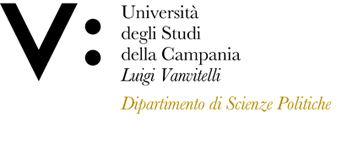Laura LETIZIA
Insegnamento di FISCALITÀ DELLE IMPRESE TURISTICHE
Corso di laurea magistrale in PROGETTAZIONE E GESTIONE DEI SISTEMI TURISTICI
SSD: IUS/12
CFU: 8,00
ORE PER UNITÀ DIDATTICA: 48,00
Periodo di Erogazione: Secondo Semestre
Italiano
| Lingua di insegnamento | ITALIANO |
| Contenuti | Attività turistiche e attvità culturali: la fiscalità nella prospettiva della tutela ambientale. |
| Testi di riferimento | A.F. Uricchio e G. Selicato (a cura di), La fiscalità del turismo, Cacucci, Bari, 2020, limitatamente alle pagine: 19-58; 157 -182; 247-298; 337-393; 429-499. |
| Obiettivi formativi | A conclusione del percorso didattico, lo/a studente/ssa dovrà conseguire i seguenti risultati: |
| Metodologie didattiche | Il corso è articolato in lezioni frontali ed è impartito con modalità interattive. |
| Metodi di valutazione | Esame orale. |
| Programma del corso | I tributi turistici e le imposte di scopo. |
English
| Teaching language | Italian |
| Contents | Tourist activities and environmental protection in the tax perspective. |
| Textbook and course materials | A.F. Uricchio e G. Selicato (ed.), The taxation of tourism, Cacucci, Bari, 2020, limited to pages: 19-58; 157-182;247-298; |
| Course objectives | At the end of the educational path, the student must achieve the following results: |
| Teaching methods | The course is divided into frontal lessons and is taught interactively. |
| Evaluation methods | Oral examination. |
| Course Syllabus | Tourist taxes and purpose taxes. |








